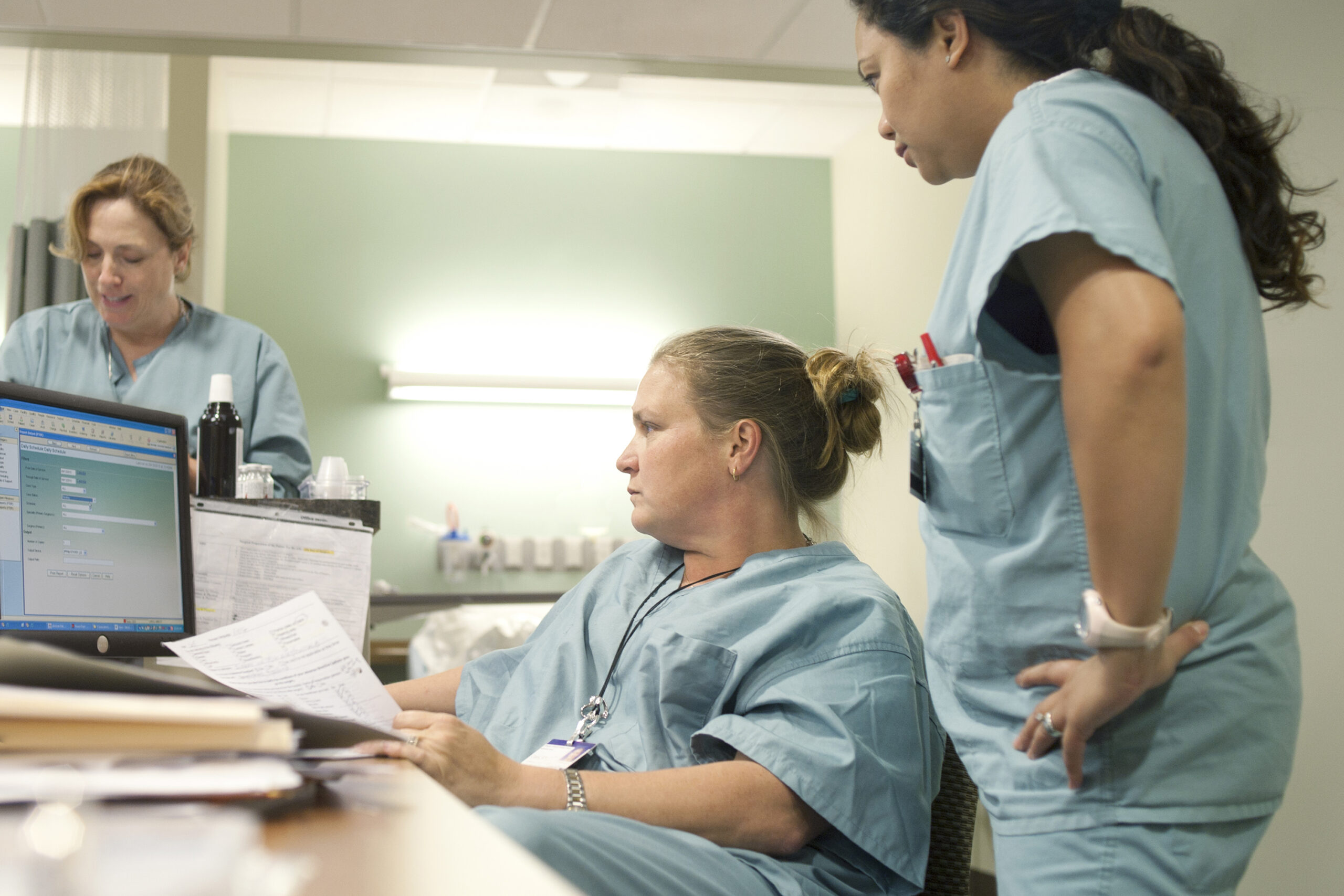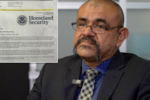The Pennsylvania Medical Society (PAMED) has reaffirmed its stance that physicians should lead health care teams, emphasizing the importance of collaboration to ensure patient safety and high-quality care. This position stems from the extensive education, training, and clinical expertise that physicians bring to the table, making them uniquely qualified to make critical medical decisions.
Physicians are central to health care systems because of their years of rigorous education and hands-on experience. This makes them essential leaders in multidisciplinary teams, ensuring that patients receive comprehensive and safe medical care. PAMED believes that physician leadership fosters a collaborative environment where every member of the health care team contributes while working under the guidance of a medical expert.
However, PAMED has expressed disappointment with the recent decision by the Pennsylvania governor, who supports granting nurse practitioners the ability to practice independently, without physician supervision. This move has sparked concern among the medical community, as PAMED argues that patient safety could be compromised when nurse practitioners operate outside of physician-led care.
PAMED President Lynn Lucas-Fehm, MD, JD, made a strong statement about the issue: “Patient safety should always be our top priority. Physicians are uniquely qualified to lead health care teams because they bring years of comprehensive education and hands-on clinical experience to their decision-making.”
While PAMED recognizes and values the essential role nurse practitioners play in health care, the organization stresses the need for physician oversight to maintain a high standard of care. Nurse practitioners undergo valuable training but lack the depth and breadth of education and clinical exposure that physicians receive. This difference, according to PAMED, can lead to risks in patient outcomes when nurse practitioners practice independently.
The Importance of Physician-Led Care
Physician-led care ensures that decisions are made based on comprehensive medical knowledge, extensive diagnostic skills, and years of experience managing complex medical cases. This is particularly crucial in situations where critical decisions need to be made quickly, and patient lives are at stake.
Collaboration between physicians and nurse practitioners provides an ideal balance of expertise and efficiency. Nurse practitioners play a vital role in delivering care, especially in underserved areas, but their efforts are most effective when supported by physician oversight. This model not only improves patient outcomes but also ensures a seamless and safe health care experience.
Patient Safety Concerns
PAMED’s opposition to nurse practitioner independence is rooted in its commitment to patient safety. Allowing nurse practitioners to practice without physician supervision could lead to gaps in care, misdiagnoses, or inappropriate treatments due to their limited training compared to physicians. These risks become especially pronounced in complex medical cases that require a higher level of expertise.
Independent practice might seem like a solution to address health care shortages, especially in rural areas. However, PAMED argues that such a change could jeopardize the quality of care provided to patients. Instead, PAMED advocates for innovative solutions that expand access to care without compromising safety, such as enhancing collaboration between physicians and nurse practitioners.
Collaborative Care: A Balanced Approach
Collaboration is the cornerstone of effective health care delivery. In a physician-led team, nurse practitioners bring valuable skills to the table, such as providing primary care and managing chronic conditions, while physicians oversee and guide the overall treatment strategy. This approach ensures that every patient receives the best possible care.
PAMED believes that instead of promoting independent practice, the focus should be on fostering strong, collaborative relationships between health care professionals. By working together, physicians and nurse practitioners can address the challenges facing the health care system, including workforce shortages, while maintaining high standards of care.
A Call for Patient-Centered Solutions
As the debate over nurse practitioner independence continues, PAMED remains steadfast in its advocacy for patient-centered solutions. The organization urges policymakers to prioritize patient safety above all else and to recognize the value of physician-led care.
PAMED calls for the implementation of strategies that improve access to health care without compromising its quality. These strategies could include expanding telemedicine services, incentivizing physicians to work in underserved areas, and promoting team-based care models that leverage the strengths of all health care professionals.
Conclusion
The Pennsylvania Medical Society stands firm in its belief that physicians should lead health care teams to ensure the highest standards of patient care and safety. While nurse practitioners play a critical role in the system, their contributions are most effective when they work collaboratively under the guidance of physicians.
PAMED’s opposition to independent practice by nurse practitioners highlights the organization’s commitment to safeguarding patient outcomes and fostering a health care environment built on collaboration and expertise. As the discussion unfolds, PAMED urges policymakers to focus on solutions that balance access, quality, and safety for all patients.
Disclaimer – Our team has carefully fact-checked this article to make sure it’s accurate and free from any misinformation. We’re dedicated to keeping our content honest and reliable for our readers.








